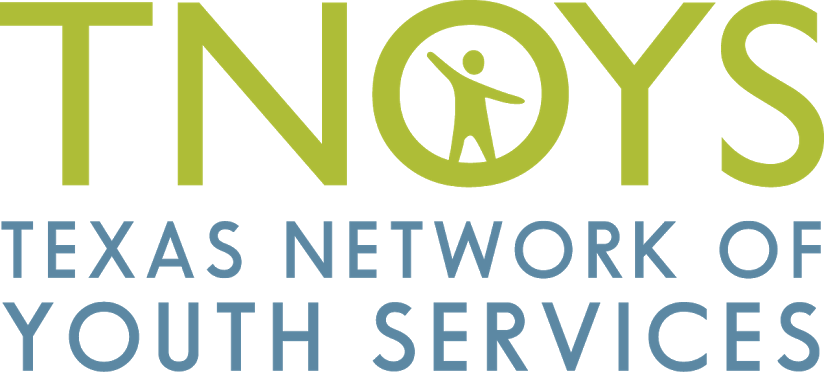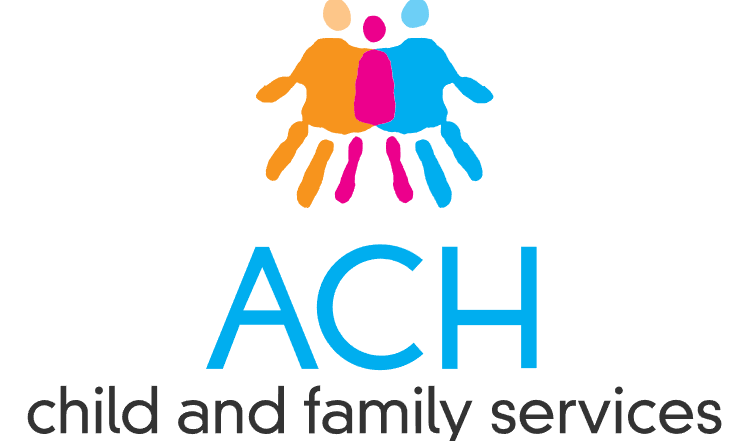In recognition of National Foster Care Month, TNOYS is spotlighting ACH Child and Family Services – a Fort Worth-based nonprofit agency that brings needed resources and skills to children and families struggling with life’s challenges. Through a Continuum of Care comprising 15 programs and services, ACH is dedicated to the prevention, intervention, and treatment of child abuse, neglect, and family separation. Courtney Dowling, Director of Residential Services, and Chuck Burton, Director of Marketing, were gracious enough to answer some questions about their work!
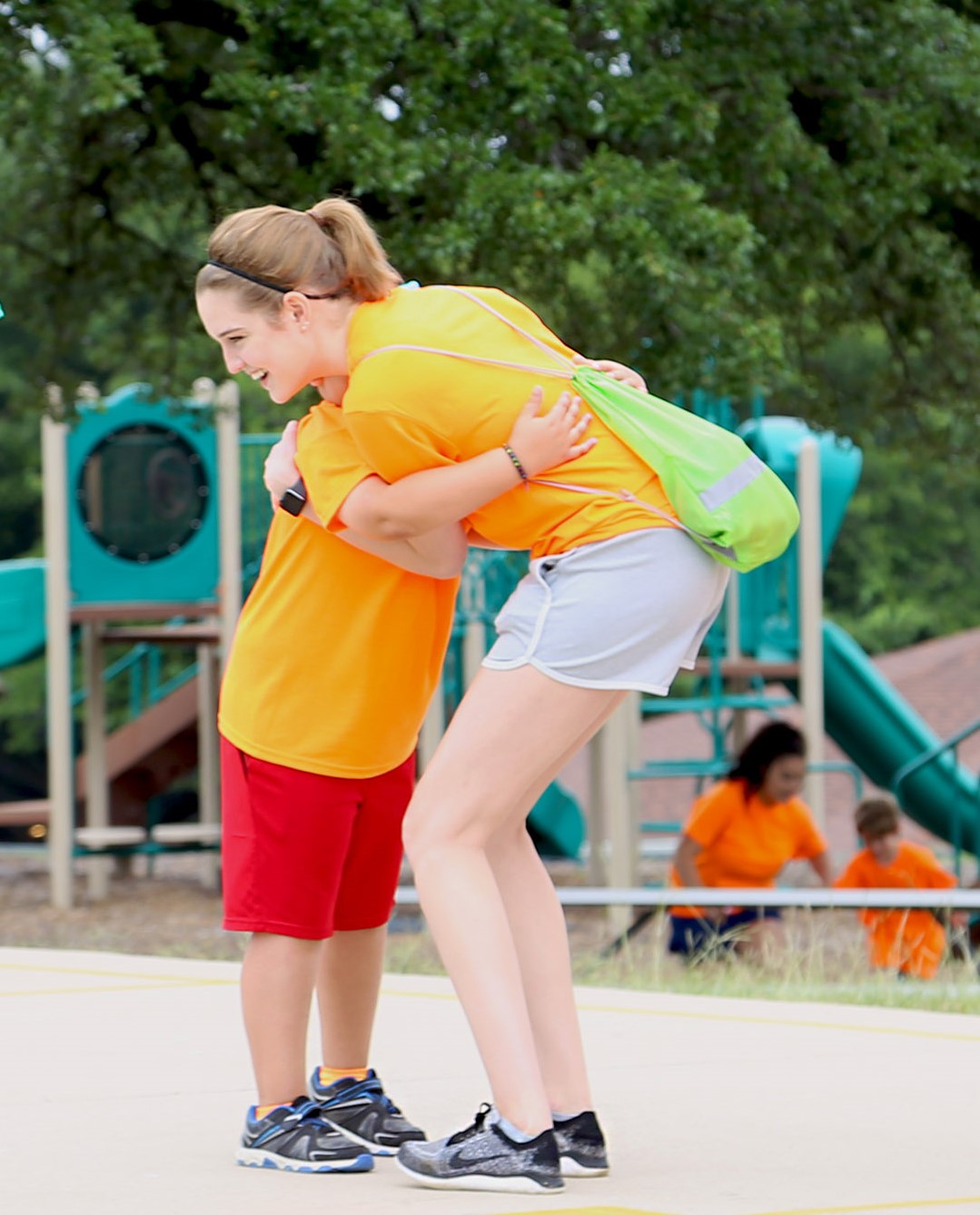
ACH Child and Family Services offers crisis intervention and Tarrant County’s only Youth Emergency Shelter, professional bilingual family counseling and skill-building, traditional and treatment foster care for children with special needs, kinship services to help those caring for kin, adoption, transitional housing for families who have experienced domestic violence, supervised independent living services for young adults who are homeless or who are aging out of foster care, and residential group care including intensive residential treatment.
ACH has been accredited every year since 2003 by the Council on Accreditation and pioneered Community-Based Care in Texas through Our Community Our Kids, which will become its own independent agency later this year.
ACH offers a wide range of programs and services within the child welfare space. Please explain how ACH safely prevents systems involvement, improves YYAs’ experience in the child welfare system, and supports YYAs’ successful transition out of systems and into adulthood.

Our Real Help for Real Life program offers bilingual Counseling and Skill-Builder classes free of charge to address issues like anger management, conflicts at home, bullying, safe dating, parenting wisely, and more. These Family and Youth Success (FAYS) programs are available for ages 6-17 and parents and are developed using Seeking Safety, a promising practice intervention counseling model. They also incorporate Trust-Based Relational Intervention® (TBRI®) principles.
Our Kinship Navigator program is specifically designed to increase awareness in our community of the value that kinship caregivers provide and the needs and barriers they face in caring for relative children. The program offers outreach, education, and support for these families. Our staff works to provide meaningful engagement, help, and connection to needed resources. This program helps keep children from entering the foster care system.
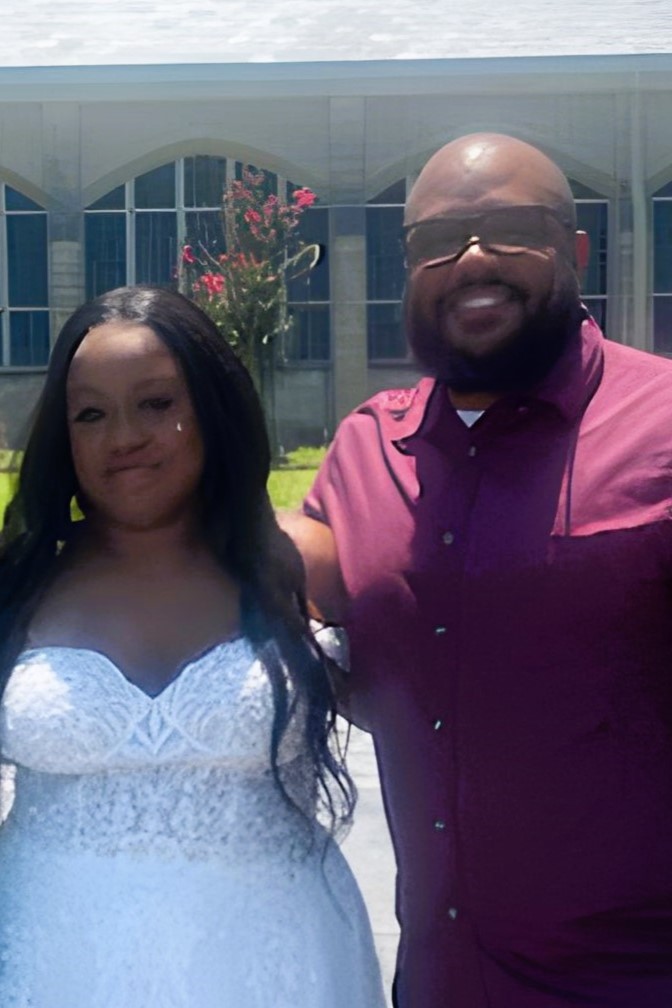
Youth aging out of foster care often find they’re not yet prepared to succeed in life. The LIFE Project (Learning Independence from Experience) is a supervised independent living program that provides young adults 18-21 the opportunity to live and learn in a more self-directed environment that inspires the confidence and self-sufficiency youth need to live on their own. While only 3% of youth who age out of foster care will complete college, 52% of youth in the LIFE project last year were enrolled in college. In addition, our LIFE program exceeds the national average by 800% for youth who graduate from foster care and go on to college.
Our Transitional Living Program is for 14-17-year-olds who are unable to live with their families. This program is located at our Wedgwood Residential Campus, which features several homes and a private park where youth can attend local schools while learning to deal with their trauma. The program assists youth with family reunification and also develops life skills to support their transition to independent living.

How does ACH work to prevent youth homelessness and support YYA who have run away, are experiencing homelessness, or are at risk of exploitation or trafficking? Tell me about the various programs and activities your organization provides for youth of different ages and needs.
Our Pat O’Neal Youth Emergency Shelter (YES) offers runaway, homeless youth and those who are experiencing or at risk of sexual exploitation and/or trafficking (ages 10-17) 24/7 safe shelter while ACH works to reunite them with their families or find safe alternative living arrangements. Referring to YES, the only such shelter in Tarrant County, the Department of Homeland Security said “ACH has been an invaluable partner in the fight against human trafficking. ACH faithfully provides a place where the victim’s safety, well-being, and immediate needs can be met and further assists in the transition to safe and stable housing.”
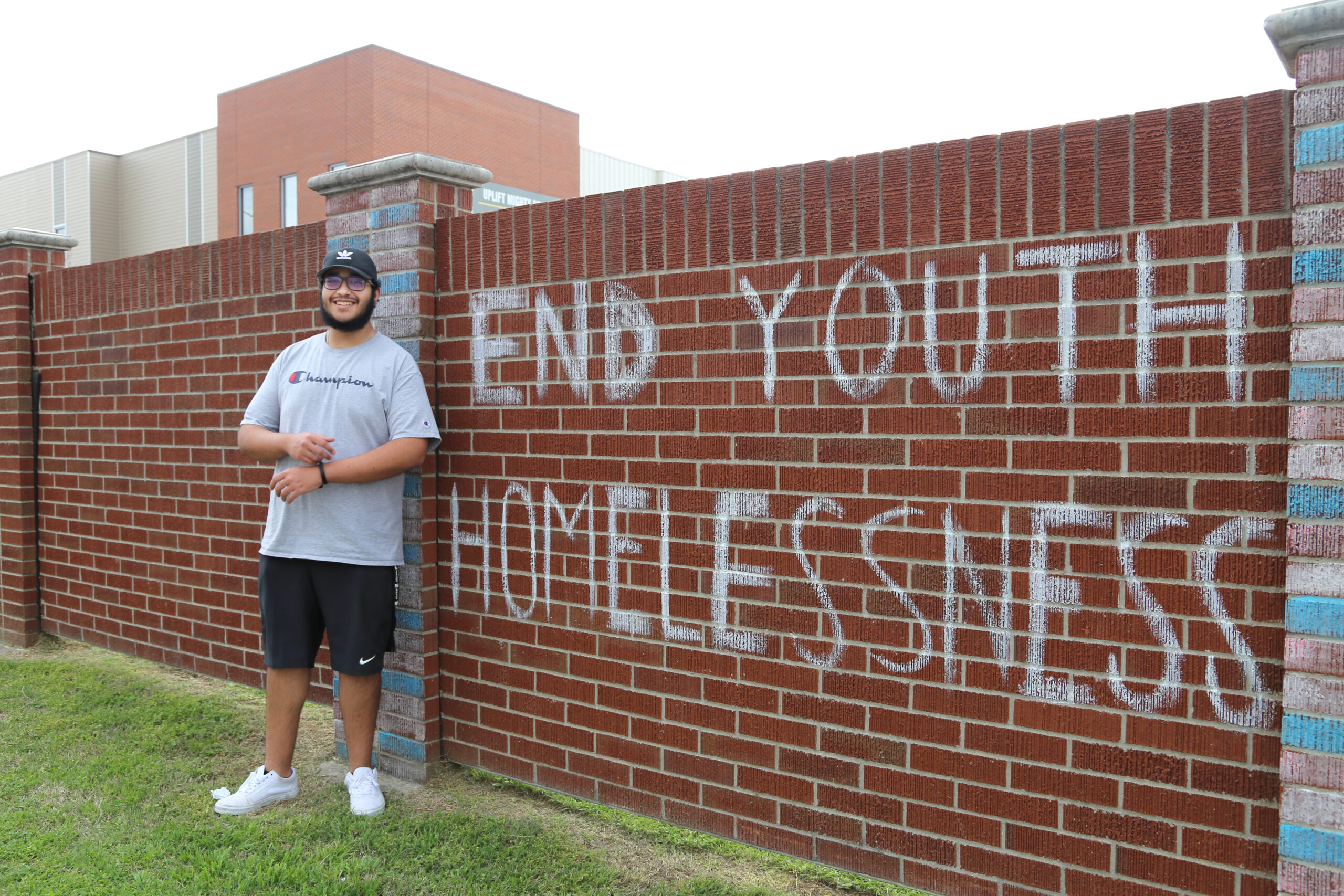
Our LIFE Project supervised independent living program is open to both those aging out of the foster system and young adults experiencing homelessness ages 18-21. The program provides an opportunity to live and learn in a more self-directed environment that inspires the confidence and self-sufficiency youth need to live on their own. The LIFE case management team works to educate youth about safe, secure, and affordable housing, while LIFE mentors support young adults in learning and practicing important life skills to increase long-term success. Participants also learn important life lessons, such as how bank overdrafts come with a cost; how buying a “cash” car might not be the best decision; why consistent routines and structure are important in daily life; the danger of recreational drug use; the benefits of healthy relationships with peers or family; and, the importance of creating a budget for their daily living.
What challenges does your organization face in raising awareness and support for young people in foster care?
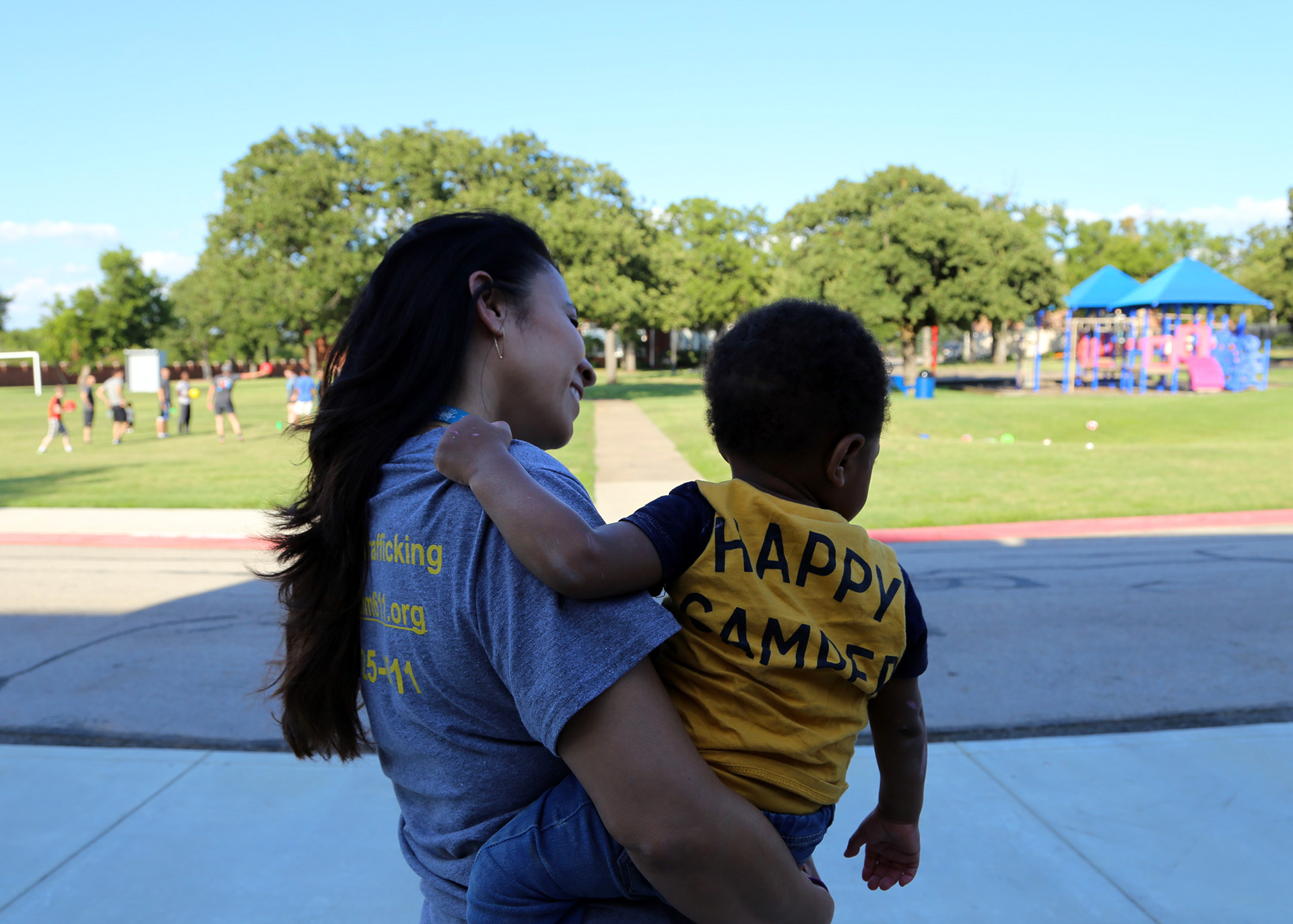
The need for caring foster families never diminishes. In addition, many families aspire to foster younger children and the majority of our foster youth are ages 10 and above. We also need to find families who are willing to complete the extra training required to provide nurturing and therapeutic environments for children with high-level needs. These caregivers provide high-level supervision, support, and advocacy for children while they learn and develop to their fullest potential.
Are there any upcoming events or initiatives you’d like to highlight this year?
In November, ACH will host our annual Hoot ‘n Holler event, benefiting children living in our residential and foster care programs. In the past year alone, Tarrant County sadly witnessed over 5,300 confirmed cases of child abuse. This fundraiser plays a crucial role in ensuring the safety, hope, and love of these vulnerable children in our community. The residential programs ACH offers extend beyond mere shelter, providing essential services such as healthcare, community, and counseling to help mend the profound wounds of trauma.

Tell us about a recent win and any special projects you’d like to uplift.
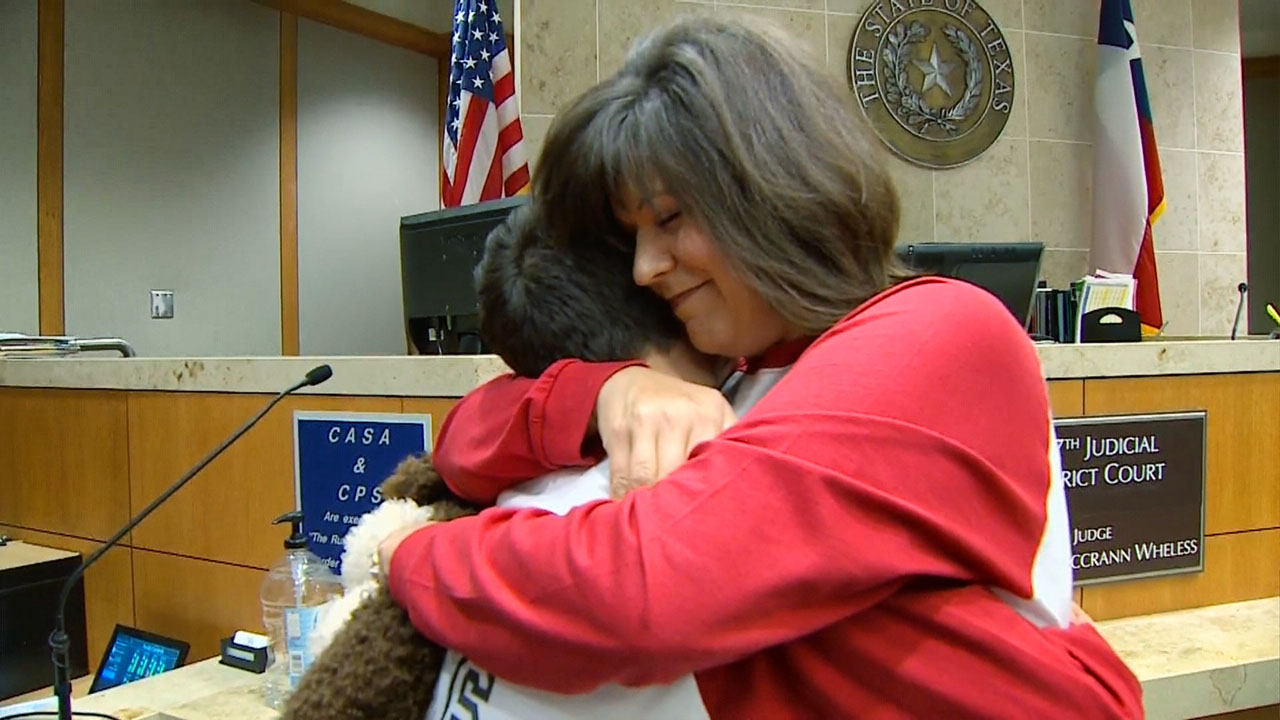
ACH has seen a dramatic rise in the behavioral and mental health needs of the children we serve. Due to the increased possibility of self-harm, runaway, or other high-risk behaviors, a safe and secure setting offering therapy, increased supervision, and assessment services was needed. ACH recently opened the Secure Assessment Facility, the first program of its kind in Texas. It is designed to meet these needs for children ages 5-17 who are in the child welfare or mental health systems and are experiencing a crisis or a transition between placements. The goal of the program is to provide a safe and secure setting, stabilize the child in the midst of the crisis, offer assessment and treatment services, and work collaboratively with the child to find the next best placement to meet their needs. The work done in the SAF to stabilize, assess, and develop specific transition plans provides a much-needed resource for developing longer-term treatment plans for these youth and for developing support plans and services for their families when needed.
Finally, what message would you like to share about the importance of foster care awareness and support?
Raising awareness and advocating for foster care is crucial as it shines a light on the needs of vulnerable children who require stable and loving homes. By raising awareness, we can encourage more individuals to consider fostering, thereby increasing the number of potential caregivers. Advocacy can also help improve the foster care system by promoting better support structures and resources for both children and foster families. Ultimately, by fostering awareness and advocacy, we can develop solutions that create safety, hope, love, and the capacity to thrive.
If you are a current member interested in being spotlighted at TNOYS, please email membership@tnoys.org. Click here to learn more about becoming a TNOYS member!
